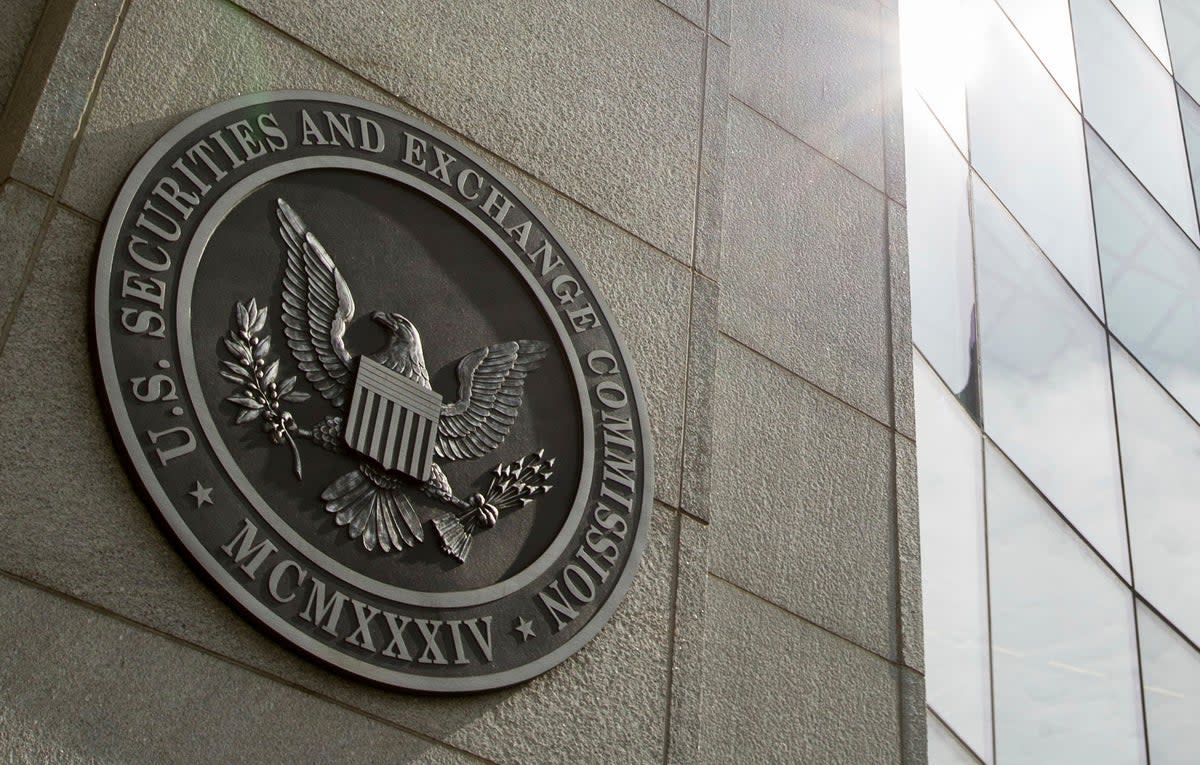US public companies must report greenhouse gas emissions and climate risks following SEC ruling

The US Securities and Exchange Commission (SEC) has approved a hotly-anticipated rule requiring public companies to report on their greenhouse gas emissions and climate risks.
The rule passed 3-2 on Wednesday, supported by three Democratic commissioners and opposed by two Republicans.
The SEC will now require companies to publicly report “climate-related risks” and greenhouse gas emissions directly associated with the company’s operations, such as those that occur from sources controlled or owned by the company as well as emissions associated with the its energy use, such as the purchase of electricity or heating.
“These final rules build on past requirements by mandating material climate risk disclosures by public companies and in public offerings,” SEC Chair Gary Gensler said in a statement.
“The rules will provide investors with consistent, comparable, and decision-useful information, and issuers with clear reporting requirements.”
Mr Gensler also noted that public companies would be required to file these disclosures publicly with the SEC, rather than on their own websites, making the information “more reliable.”
The rule has been under consideration for almost two years since it was first proposed in March 2022.
It has attracted high interest ever since, with the SEC saying it reviewed 24,000 comment letters, 4,500 of which were unique letters.
However, the guidelines commissioners finally adopted on Wednesday are weaker than those proposed before.
In previous drafts of the rule, the SEC would have required public companies to report some indirect emissions, referred to as “Scope 3” emissions, which happen along a company’s supply chain rather than solely as a result of direct operations or energy use.
That proposal was met with strong backlash from companies over concerns about quantifying and tracking these emissions, The Associated Press reported.
The new rule will now go into effect in 60 days from Wednesday 6 March.
Some Republicans have already voiced concerns that this rule is an overstep by the SEC.
Republican Commissioner Hester Peirce criticised the bill as too burdensome, according to The AP.
“However well-intentioned, these particularized interests don’t justify forcing investors who don’t share them to foot the bill,” Ms Peirce said.
Meanwhile, Coy Garrison, an attorney who advises companies on SEC reporting and disclosure requirements, said that these new requirements “will continue to raise concerns that the SEC is acting beyond its statutory authority in adopting this rule”.
However, many climate scientists and activists say that emission regulations are needed more than ever in the wake of 2023, the hottest year on global record “by a large margin”.
Every day of 2023 was 1C hotter at a global level than in the pre-industrial era, and almost half the days in 2023 breached 1.5C (2.7F), the temperature goal set by the global Paris Agreement to prevent the most harmful consequences of the climate crisis.
Experts are forecasting 2024 could be even hotter if the climate crisis continues on its current track.


